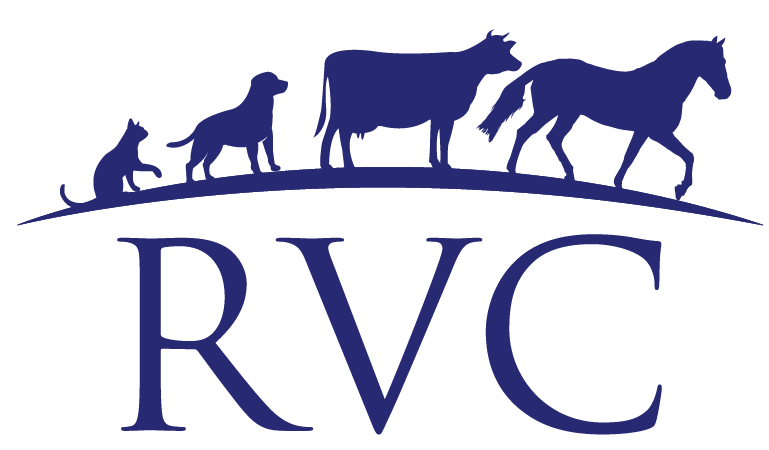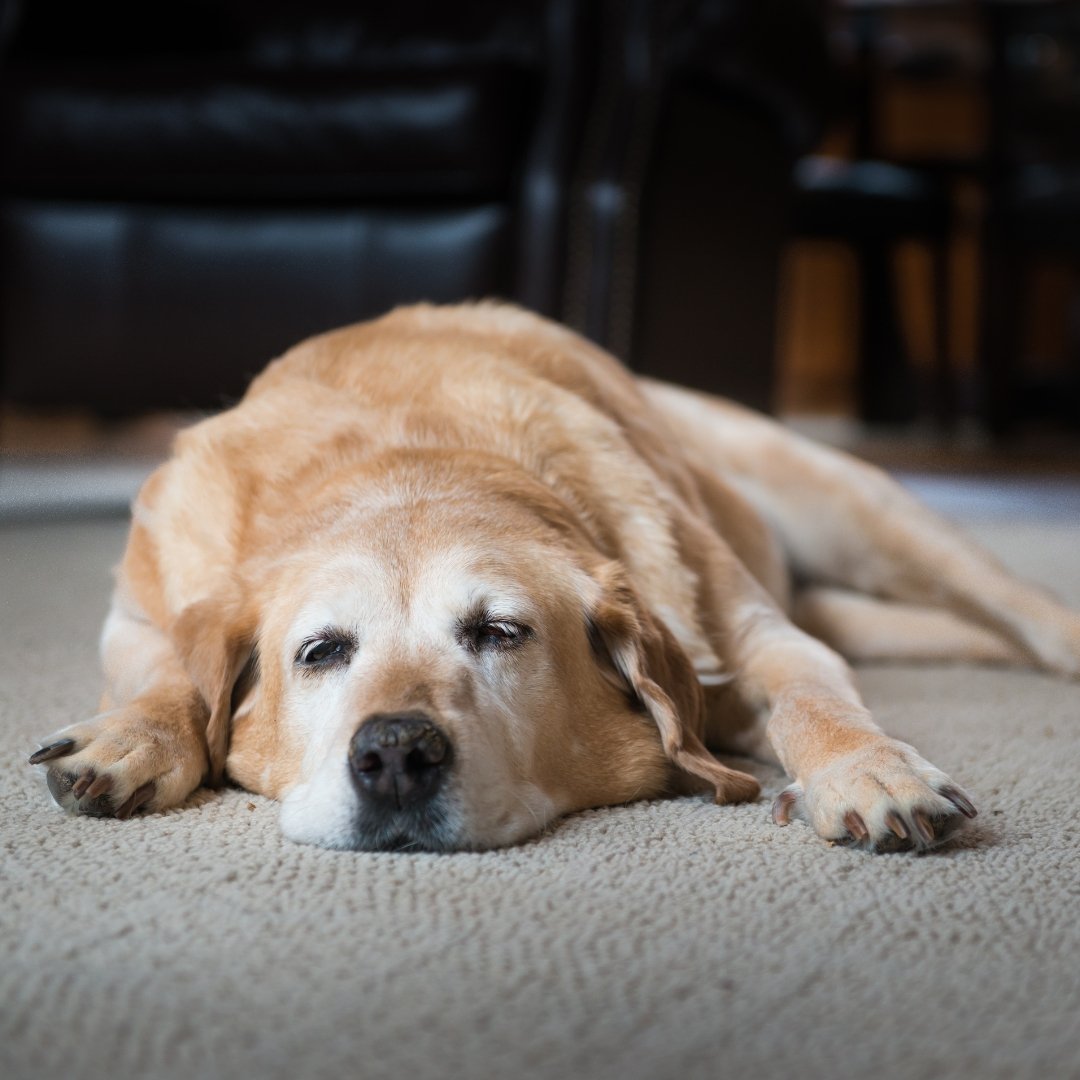Canine Hypothyroidism
Hypothyroidism is a common endocrine disorder that occurs when the thyroid gland does not produce enough thyroid hormones. The thyroid hormones are involved in regulating a dog's metabolism, so when there is a deficiency, it can affect many different bodily functions. It can lead to unexplained weight gain, skin and coat issues, as well as behavioural changes and reduced energy.
What is hypothyroidism in dogs?
It is a condition when your dog’s thyroid isn’t producing enough essential thyroid hormones required to properly regulate their metabolism. As a result, their metabolism slows down.
What causes hypothyroidism in dogs?
The vast majority of cases of hypothyroidism in dogs are caused by either lymphocytic thyroiditis or idiopathic atrophy of the thyroid gland. While these conditions are poorly understood, both result in damage to the dog's thyroid. In the case of lymphocytic thyroiditis the dog's own immune system attacks the thyroid, whereas with idiopathic thyroid gland atrophy thyroid tissue is replaced by fat.
Symptoms
The symptoms of hypothyroidism in dogs may include:
Weight gain
Lethargy
Hair loss
Skin problems
Behavioural changes.
It's important to note that these symptoms may not be present in all dogs and can be vague and nonspecific, making it difficult to diagnose hypothyroidism based on symptoms alone.
Diagnosis
Diagnosis of hypothyroidism in dogs usually involves blood tests to measure the levels of thyroid hormones. The treatment for hypothyroidism in dogs typically involves daily oral administration of synthetic thyroid hormone supplements. It's important to note that it can take some time for your pet's hormone levels to reach just the right level, and regular blood tests may be required in order to monitor your dog's treatment progress. Once the hormone levels are stabilized your dog will remain on this prescription for life.
With proper treatment, most dogs with hypothyroidism can lead normal, healthy lives.
What diet should my dog with hypothyroidism eat?
In dogs with hypothyroidism, a combination of a healthy diet and hormone replacement medication can help to get your dog feeling like their old self again. Your vet will be sure to provide you with instructions for the best food to feed your dog with hypothyroidism.


